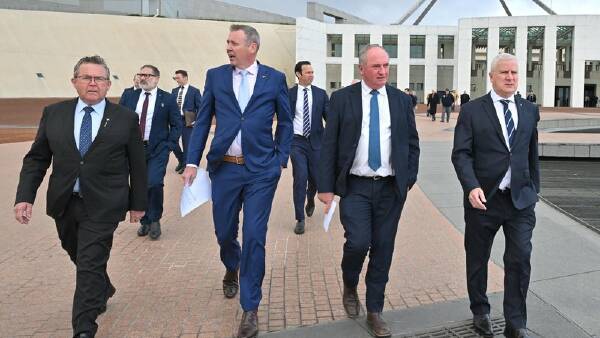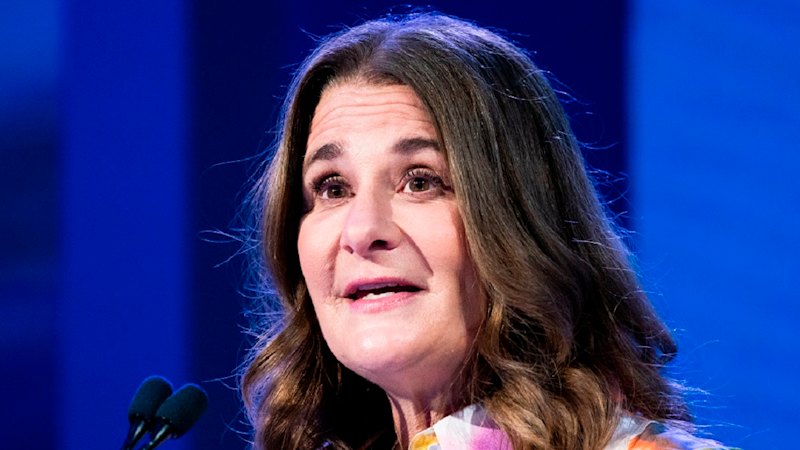
The Nationals Party has officially decided to abandon its commitment to achieving net-zero emissions by 2050. This decision, made during a federal council meeting on September 23, 2023, reflects a shift in the party’s stance on climate policy as its leaders prepare to finalize their approach to environmental issues.
In a widely anticipated move, party members voted to remove the net-zero pledge from their policy platform. While this vote is non-binding for Nationals Members of Parliament (MPs), it is expected that they will align with the council’s decision. A further proposal to withdraw from the Paris Agreement, which aims to limit global warming to 1.5 degrees Celsius above pre-industrial levels, was ultimately retracted.
David Littleproud, the leader of the Nationals, emphasized that no predetermined stance had been established before the discussions. He stated that net-zero is “not the only way to actually address climate change,” underscoring the party’s desire to ensure that Australia does not become uncompetitive in a rapidly changing global landscape.
The Paris Agreement, signed in 2015, mandates that countries must reduce their greenhouse gas emissions to a level where they are balanced by the amount they can absorb by 2050. This includes setting interim targets for emission reductions every five years, which cannot be weakened.
The debate over net-zero policy has intensified within the federal coalition following the Nationals’ poor performance in the May election. On the same day as the council’s vote, members of the Liberal Party convened to discuss their own climate and energy policies. Littleproud noted the “similarities in terms of policy and intent” between the Nationals and Liberals based on discussions with Liberal energy spokesman Dan Tehan and opposition leader Sussan Ley.
Ley reiterated the coalition’s position, stating, “We’re not going to accept the government’s net zero at any cost.” This sentiment reflects a broader reluctance among some members of the coalition to commit to the targets set by the current government.
Prime Minister Anthony Albanese, speaking from South Korea, expressed confidence in the government’s commitment to transitioning towards net zero, unaffected by internal divisions within the coalition. “I’ll allow people to watch that circus and to make their own decisions,” he remarked, highlighting the government’s focus on advancing its climate agenda.
The Labor government remains dedicated to achieving net zero and is pursuing an interim target of reducing emissions by 62-70 percent by 2035. Additionally, it aims to source 82 percent of its electricity from renewable sources by 2030, which is crucial for meeting its climate goals.
The economic implications of unchecked climate change have been underscored in Australia’s first National Climate Risk Assessment, released in September 2023. This report highlights the potentially steep costs associated with failing to address climate change effectively, adding further urgency to the national dialogue surrounding environmental policies.
As discussions continue within the coalition, the outcome of the Nationals’ climate policy review will likely have significant implications for Australia’s approach to climate change moving forward.






